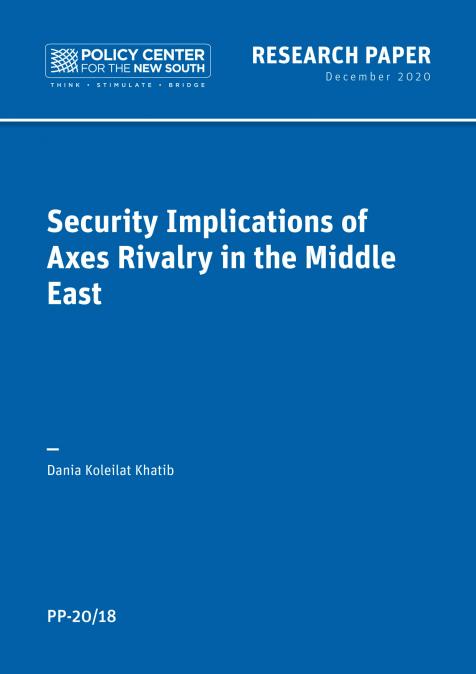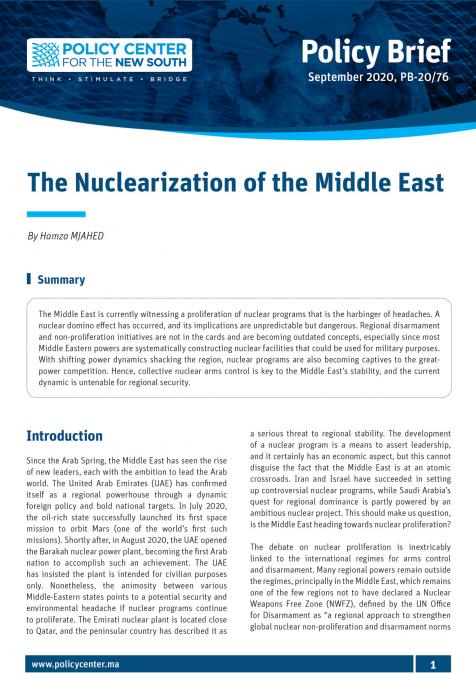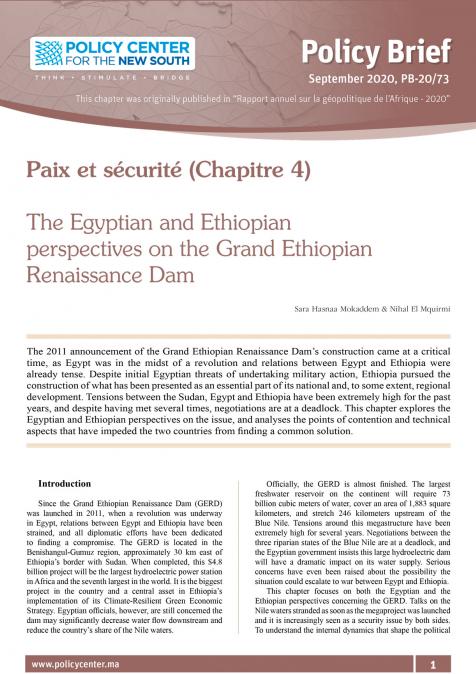La guerre est-elle déclarée entre l'Iran et les Etats unis ? Interview avec Khalid Chegraoui
1/ Avec l’élimination du général Qassem Soleimani, l’escalade entre l’Iran et les Etats-Unis est montée d’un cran. Après la riposte de Téhéran par des tirs de missiles visant des bases américaines en Irak, une désescalade vous parait-elle possible ? 2/ Des voix s’élèvent aux Etats-Unis pour estimer qu’une guerre entre les Etats-Unis et l’Iran n’est pas à écarter, motivant leur va en guerre par le fait que l’Iran soutient le terrorisme au Moyen- Orient et développe des armes nucléaires. Qu’est-ce que vous en pensez ? 3/ Les derniers épisodes dans l’escalade entre Téheran et Washington ne risquent-ils pas de renforcer le camp des durs dans les deux pays ? Interview enregistré le 09/01/2020










